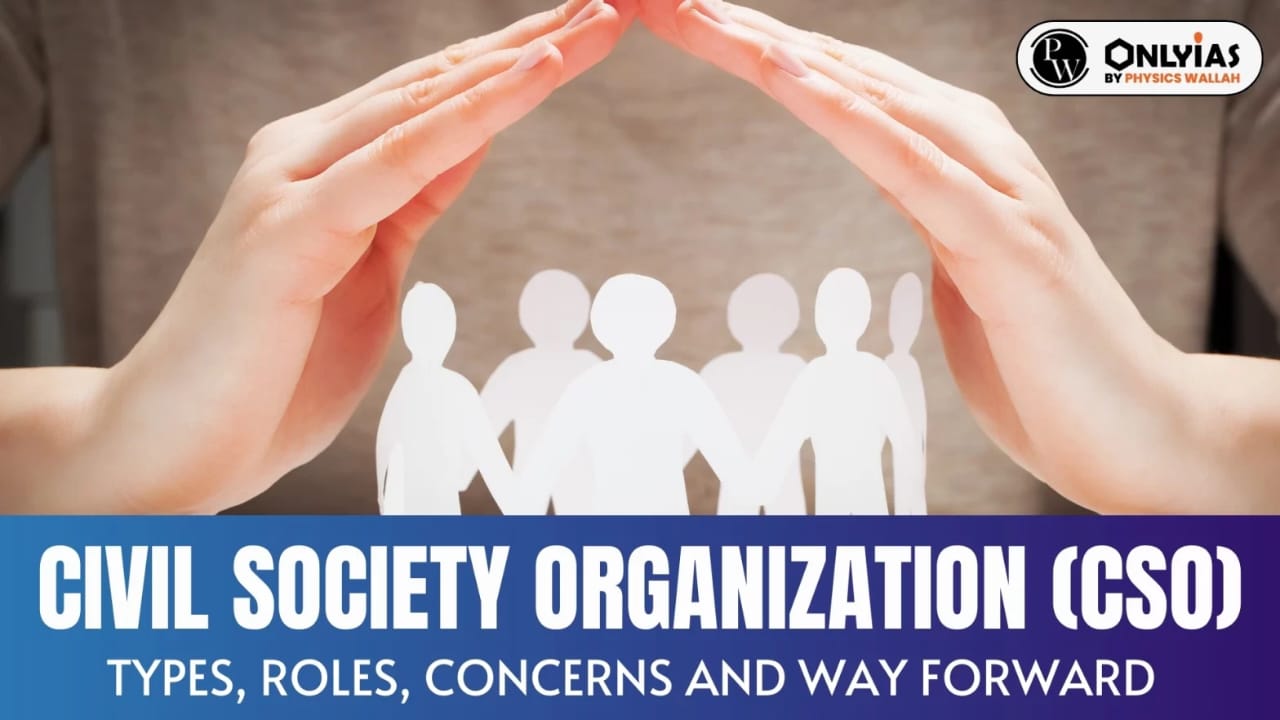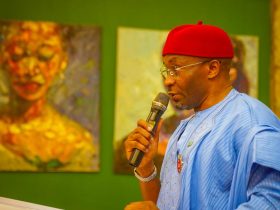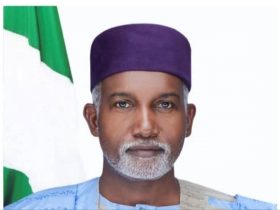By Ahmed Ahmed
A coalition of Civil Society Organisations (CSOs) in Bauchi has called for more women participation in the upcoming Local Government elections in the state.
The coalition comprised Leadtots Development Initiative, Young Leaders Network and Thamani for Women and Youth Development Initiative.
The Executive Director, Leadtots Development Initiative, Mr Nicholas Afeso, made the call at a news briefing in Bauchi on Tuesday.
Our Correspondent reports that the Bauchi State Independent Electoral Commission has scheduled August 19 for the council polls.
Afeso expressed concern that the under-representation of women at any level of governance and decision-making leads to democratic deficit.
“It has been proven time and again that diverse groups make better decisions.
“This is particularly true when it comes to a task as challenging as representing the interests of citizens at the local level,” he said.
Afeso urged Gov. Bala Mohammed of Bauchi State and the 18 political parties in the state to prioritise the inclusion of women in leadership positions within the local government structures and political party affairs.
“As the council elections in the state draw near, we call on the Bauchi State governor, the ruling-PDP, APC and other political parties, to prioritise gender inclusivity by ensuring the participation of women as candidates or, at least, deputies in all the 20 Local Government Areas of the state.
“The call stems from the urgent need to meet the 35 per cent affirmative action threshold set by the Nigerian Constitution, which aims to promote gender equality and ensure women’s meaningful participation in decision-making processes at all levels of governance,” Afeso said.
The CSOs commended the state governor for the steps he had taken in appointing women to key ministries in the state.
“We call for further strides towards gender parity.
“It is imperative that such efforts are extended to the grassroots level, where local governance directly impacts the lives of citizens.
“Women constitute a significant proportion of the electorate and possess invaluable skills and perspectives that can enrich policy-making and governance at the council level.
“By actively encouraging their participation in the electoral process, the state stands to benefit from diverse leaderships that reflect the broader demographics and aspirations of its population,” Afeso further said.
He called on stakeholders, including political parties, CSOs and the electorate to support and advocate for the inclusion of women in leadership positions within the state’s local government structures.











Leave a Reply